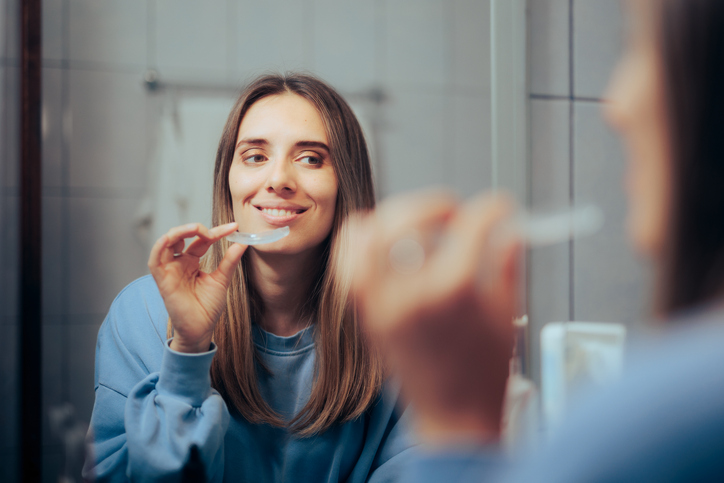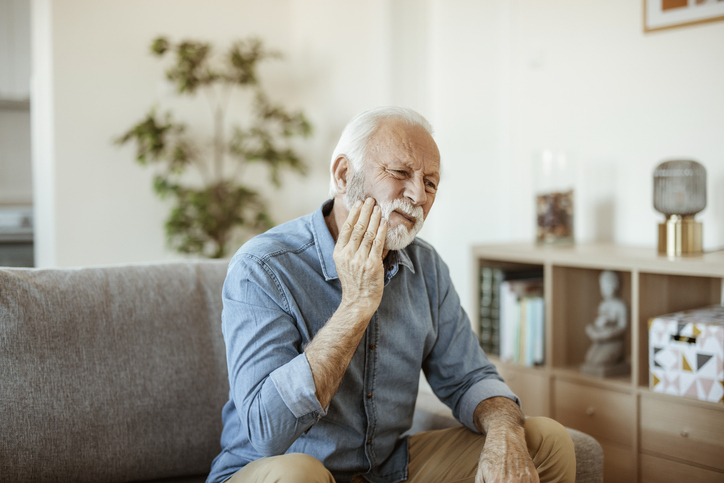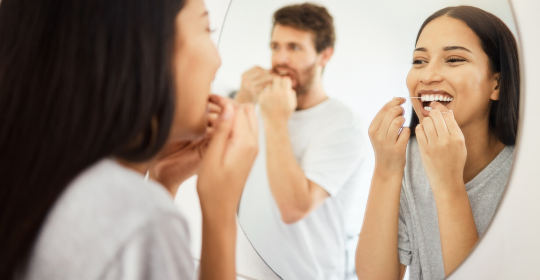 20 September 2022
20 September 2022
It used to be common for people to assume they would need to wear dentures as they aged. Now, with a better understanding of the importance of preventative health and oral care, most of us have a very good chance of retaining our own teeth as we get older.
Reducing the risk of extractions and restorative dental work requires a little effort and consideration. And although having dental checks is important, it’s the daily attention to our teeth and diet, in combination with regular dental expertise, which makes all the difference to our long-term dental health.
Children’s teeth
Caring for your child’s teeth starts during pregnancy. From the time they’re born, all 20 primary (baby) teeth have already begun forming in your baby’s gums. Your diet and oral hygiene will have a direct effect on the health of your baby’s teeth. Healthy teeth habits start in childhood. See your dentist at least once during your pregnancy and brush and floss daily to reduce the risk of decay and even premature birth. Clean your baby’s teeth as soon as they emerge through the gums and avoid offering your child sugary foods and drinks.
Children aged 3-12 years
By the time your toddler has turned three, they’ll have all their primary teeth. Preventing decay in baby teeth is the first step towards retaining permanent teeth when they erupt between 6-12 years of age. Always brush your child’s teeth until they’re around 8 years of age. Small children don’t have the coordination to do a good job of removing plaque from their teeth and need their parents help. Use a low dose fluoride which will help to harden their tooth enamel and limit bacterial growth. As soon as two teeth are in contact with each other, floss in-between your child’s teeth as well as brushing with a small headed, soft toothbrush.
Adult teeth
All 32 adult, or permanent teeth have usually erupted by the early 20’s, typically by the age of 13-14, when all the baby teeth have been replaced by permanent teeth. There are no specific changes we need to make when caring for adult teeth, as long as good habits have already been established. Brushing at least twice each day with a fluoride toothpaste, flossing daily and eating a healthy diet all contribute significantly to good oral health. Our risk of decay does not lessen as we get older, though our teeth can be affected by hormonal as well as other physical conditions. Wear and tear are common with age.
Some adults experience uneven wear on their teeth due to grinding or clenching their jaw. Snoring or sleep apnoea can also influence the way the teeth align with each other. Wearing a mouthguard during sleep can make a big difference in protecting the integrity of the teeth and avoiding uneven wearing.

Top tooth tips for all ages
Brush and floss daily and always use a fluoridated toothpaste. And if you have children, role modelling healthy oral care habits can make a big difference in establishing healthy behaviours. Book an appointment today with your dentist.
References
Life Stages Health (colgateprofessional.com.au)
Oral Health For Infants And Toddlers (colgateprofessional.com.au)





